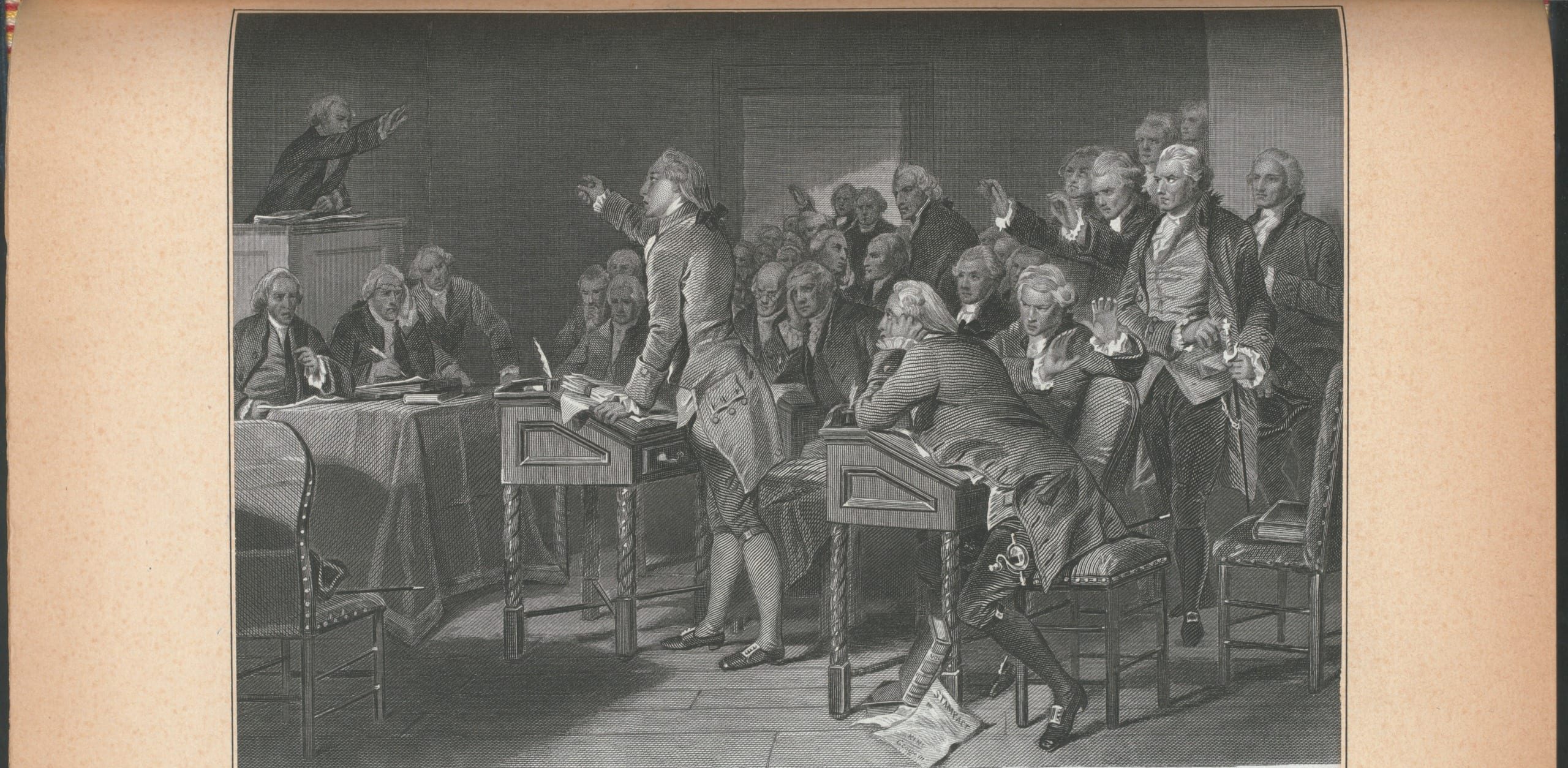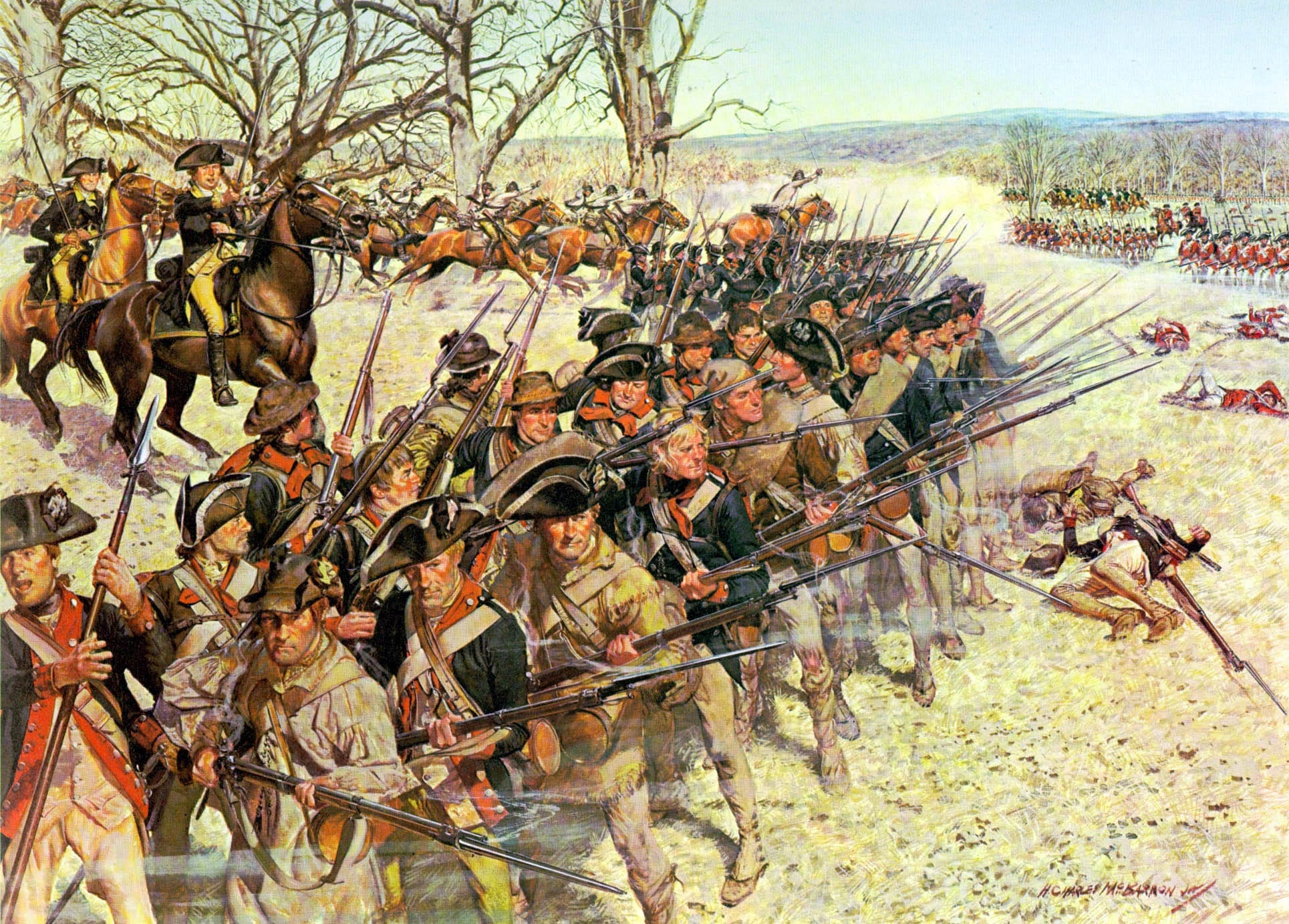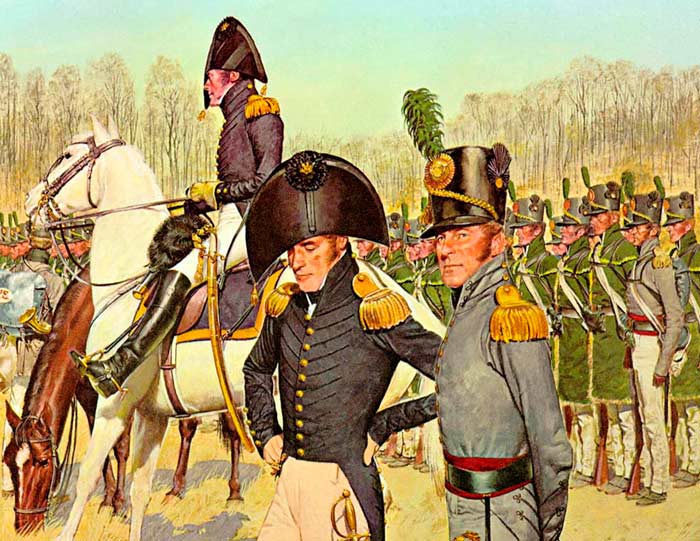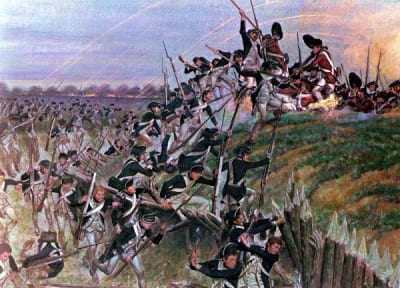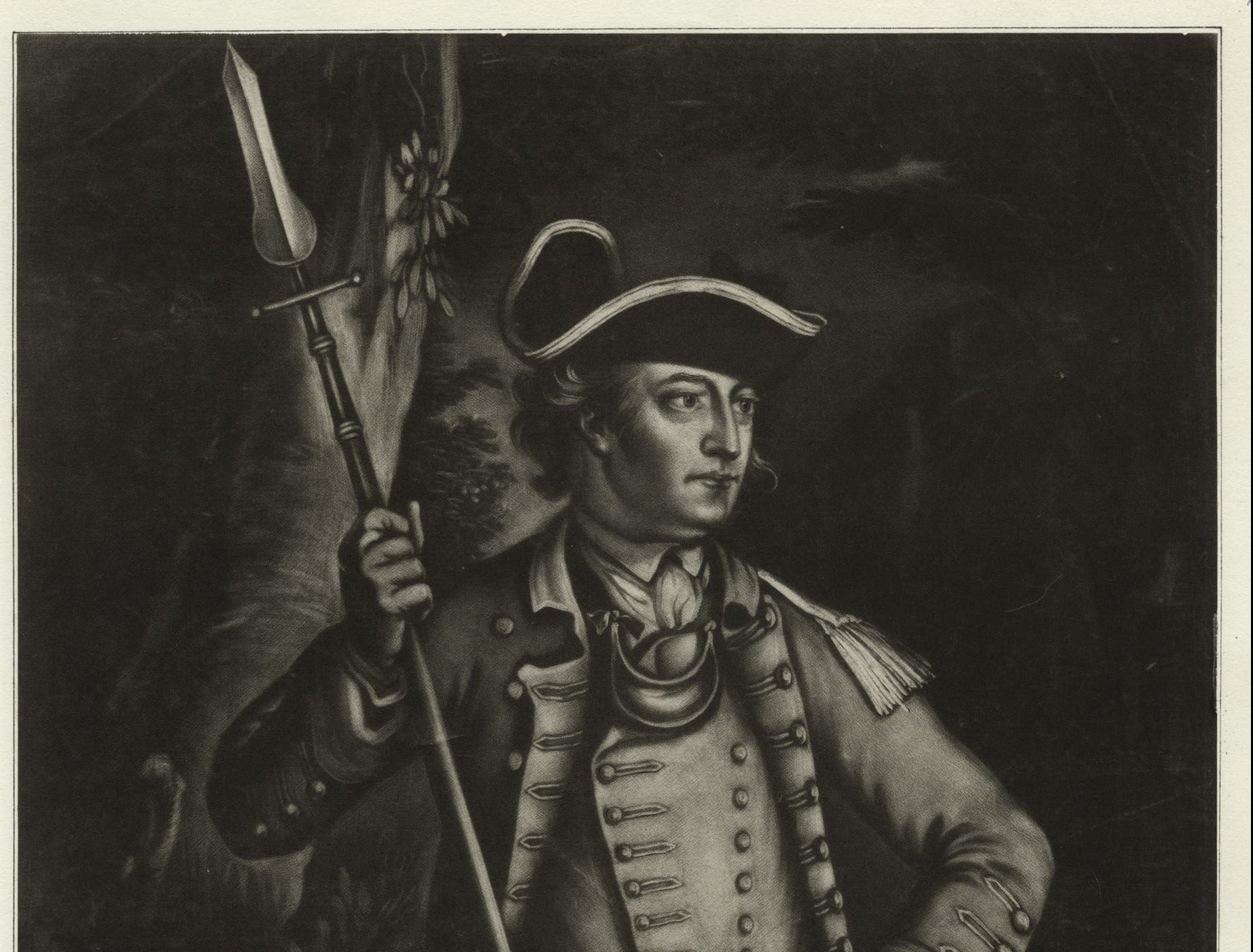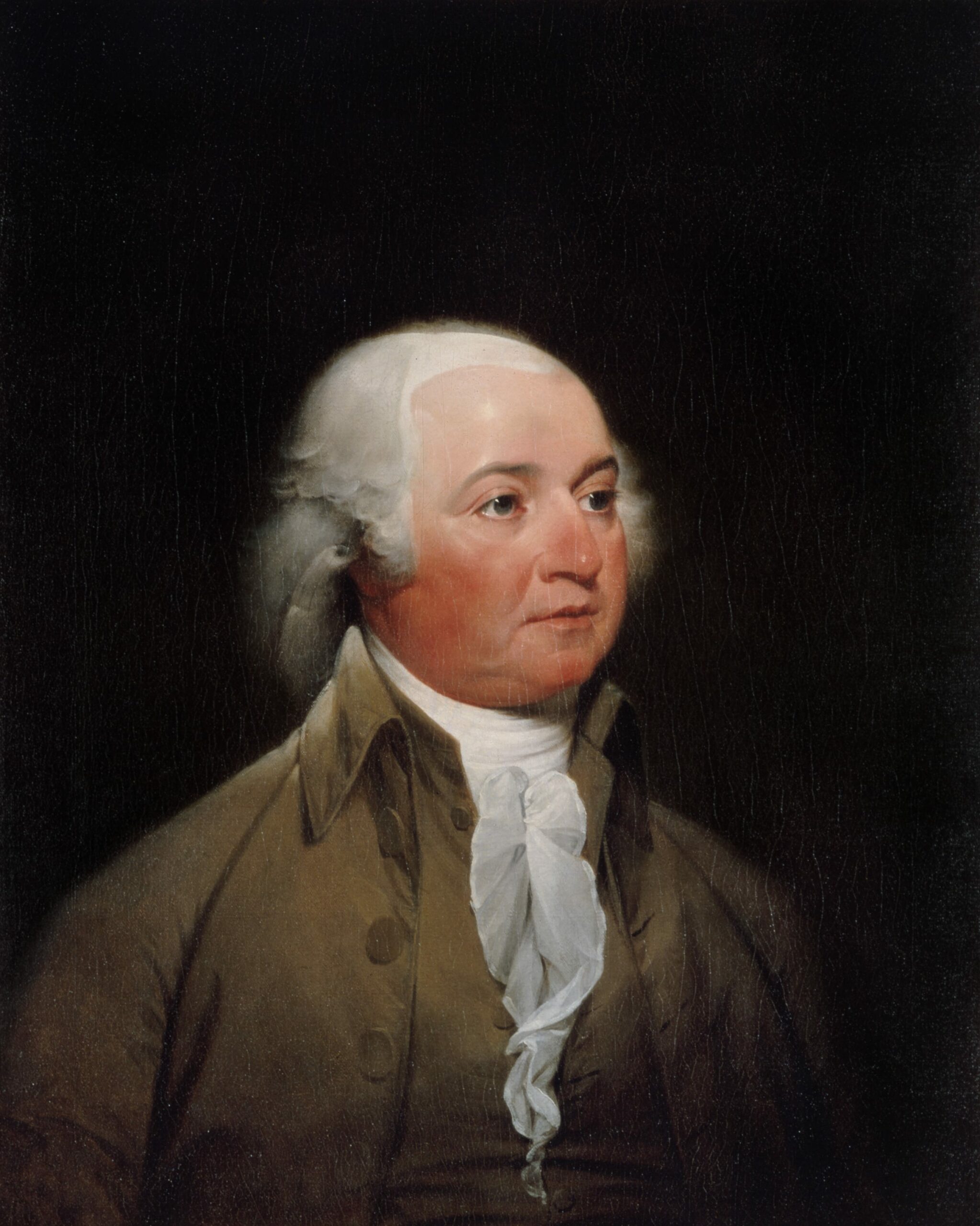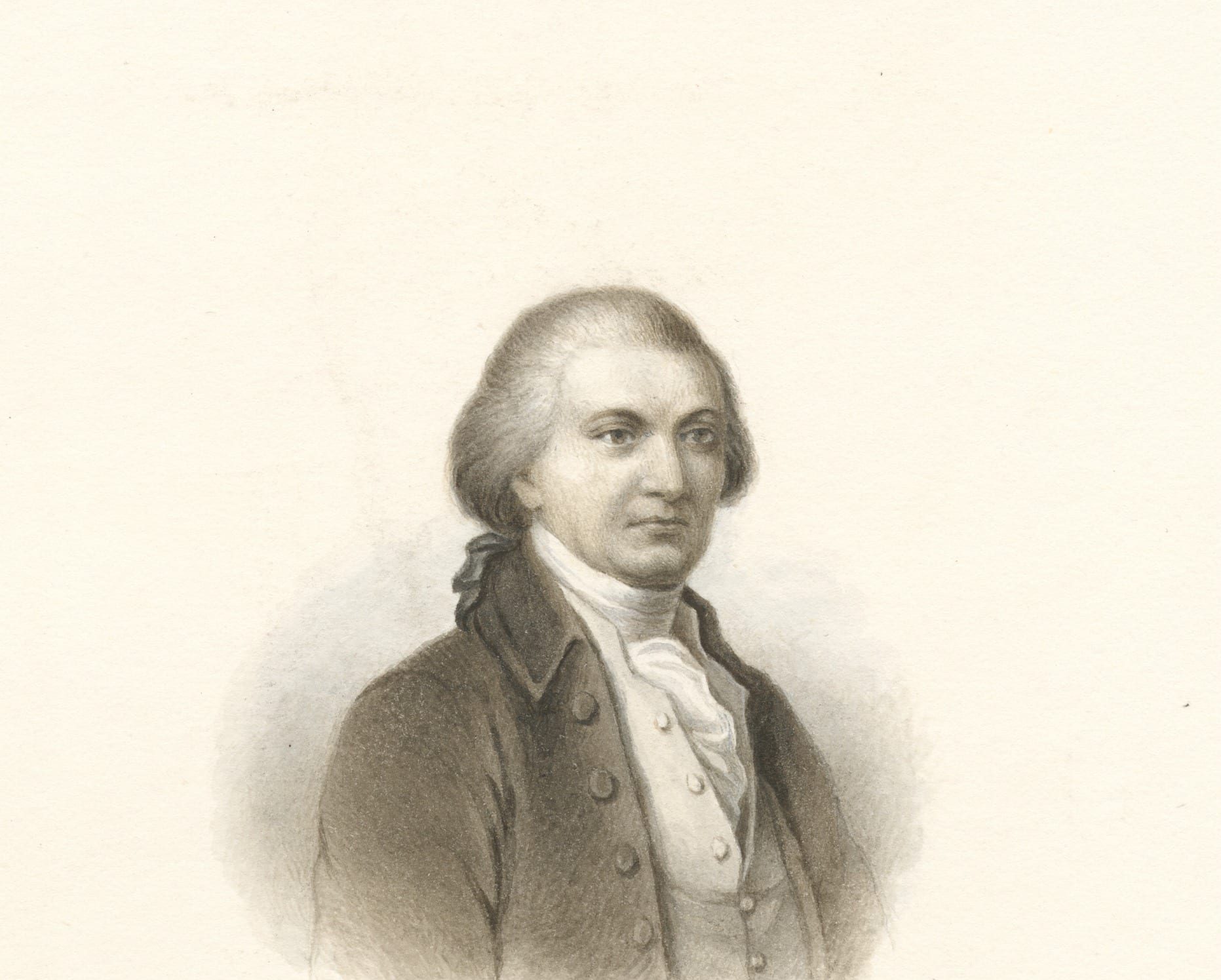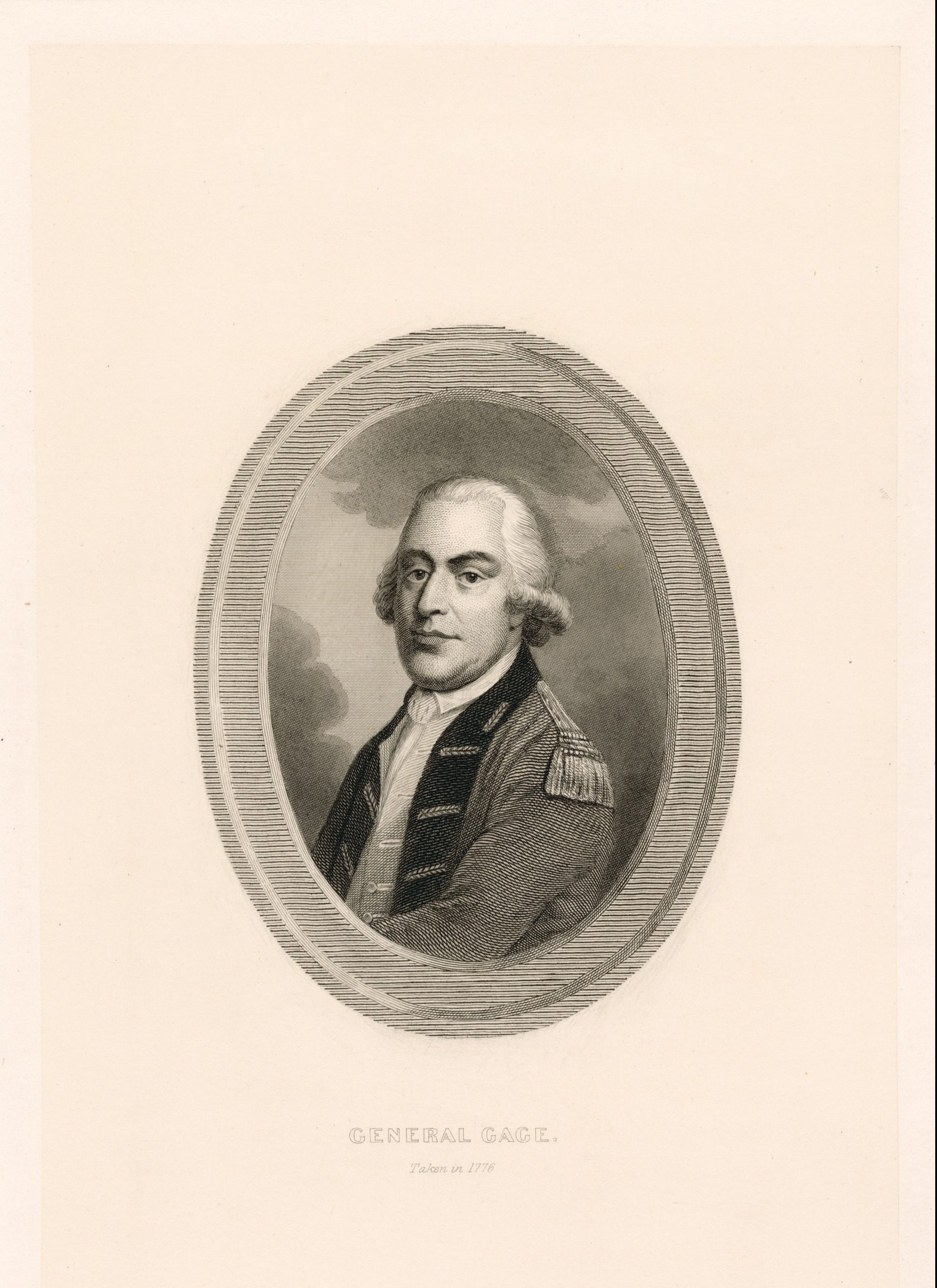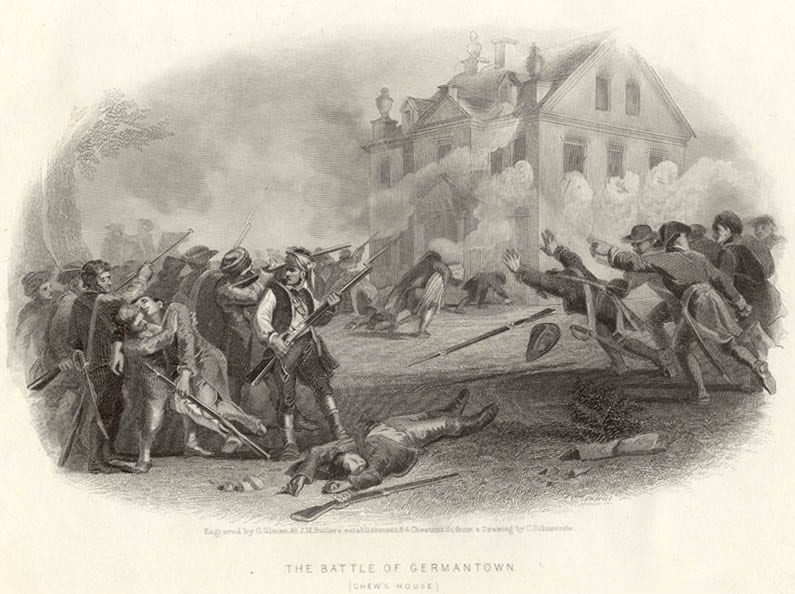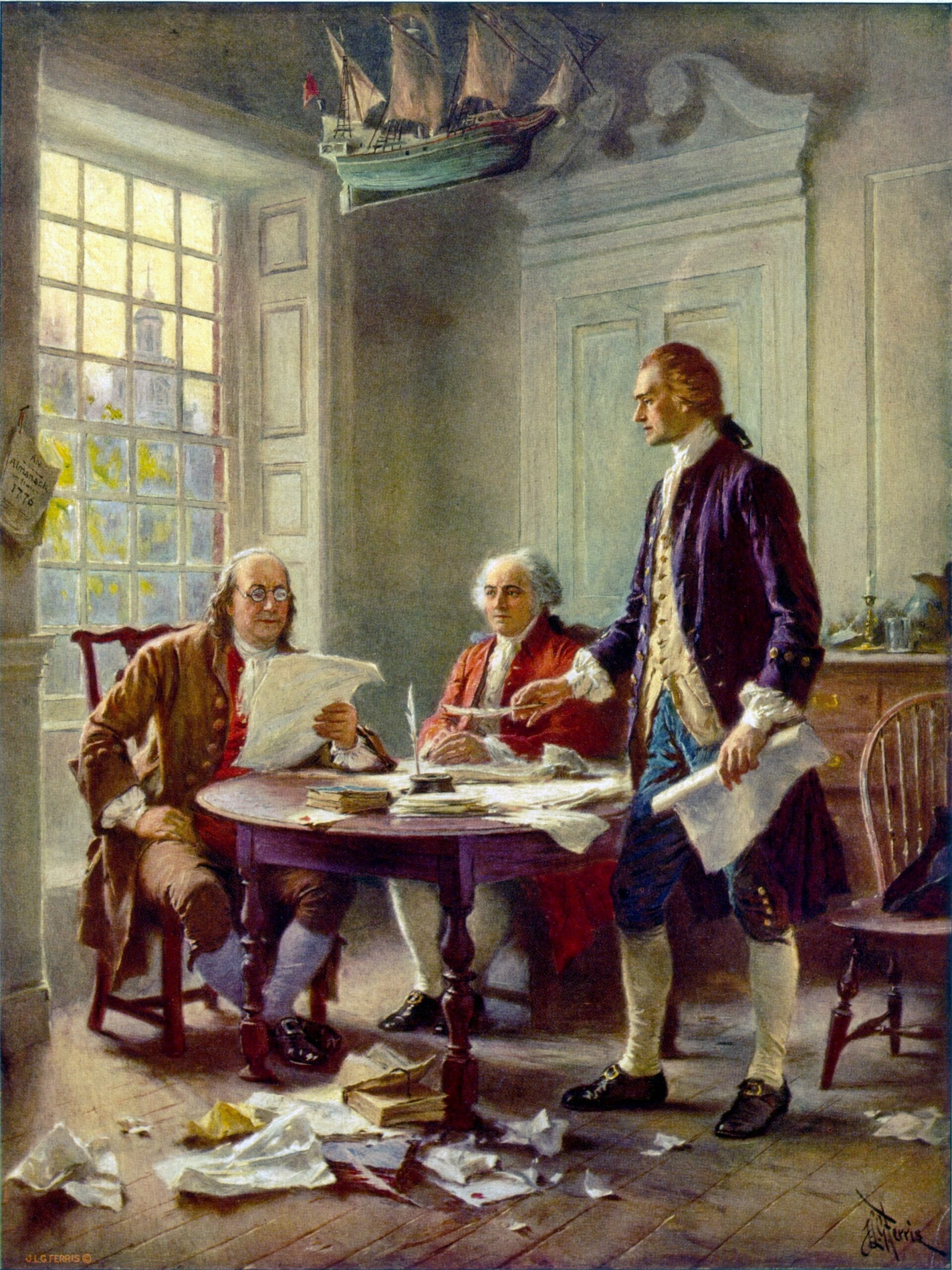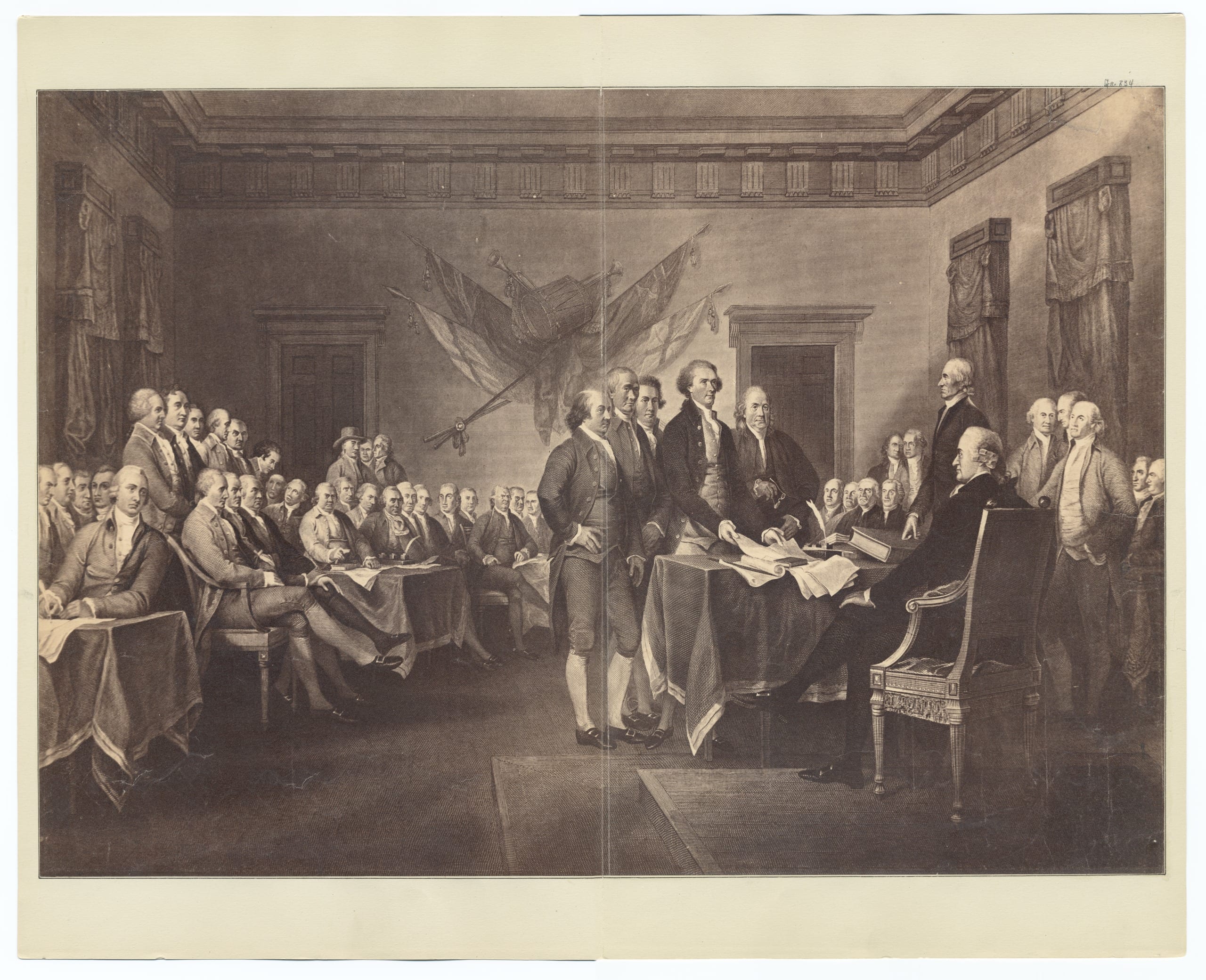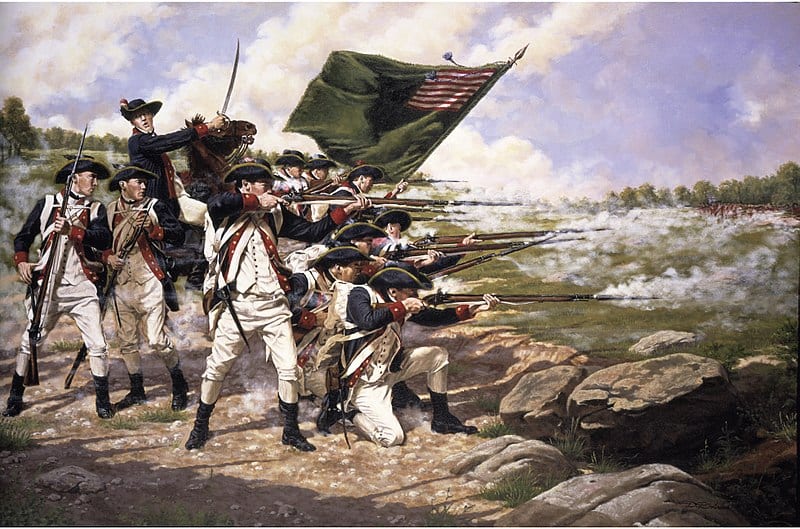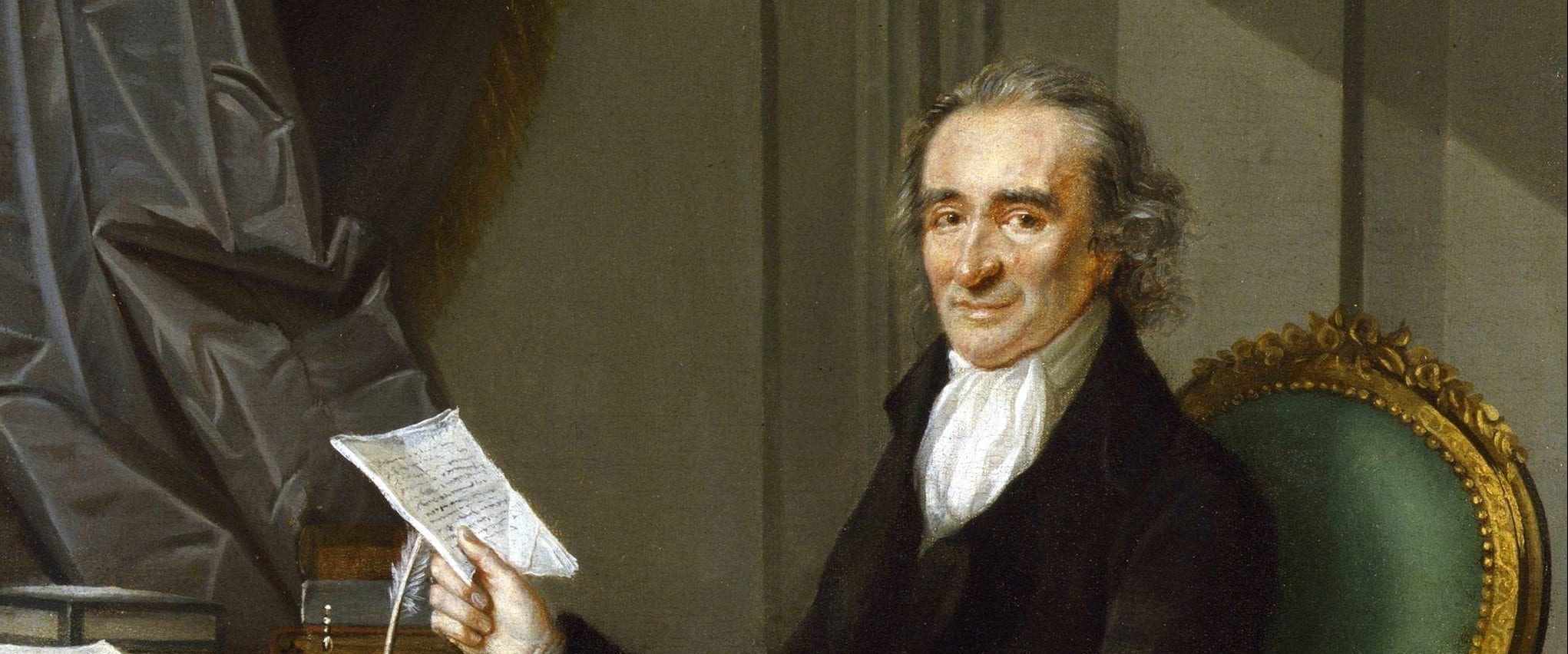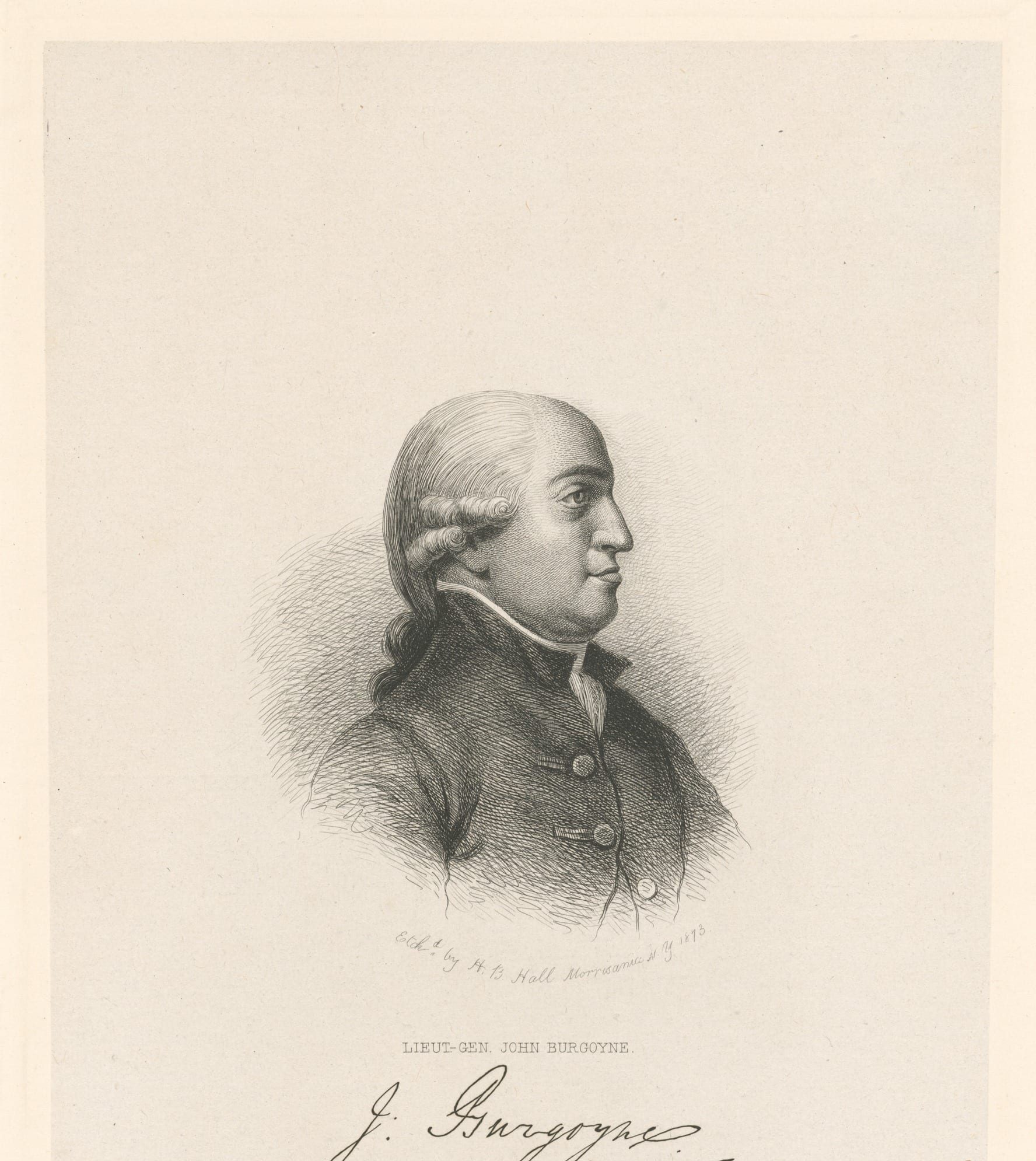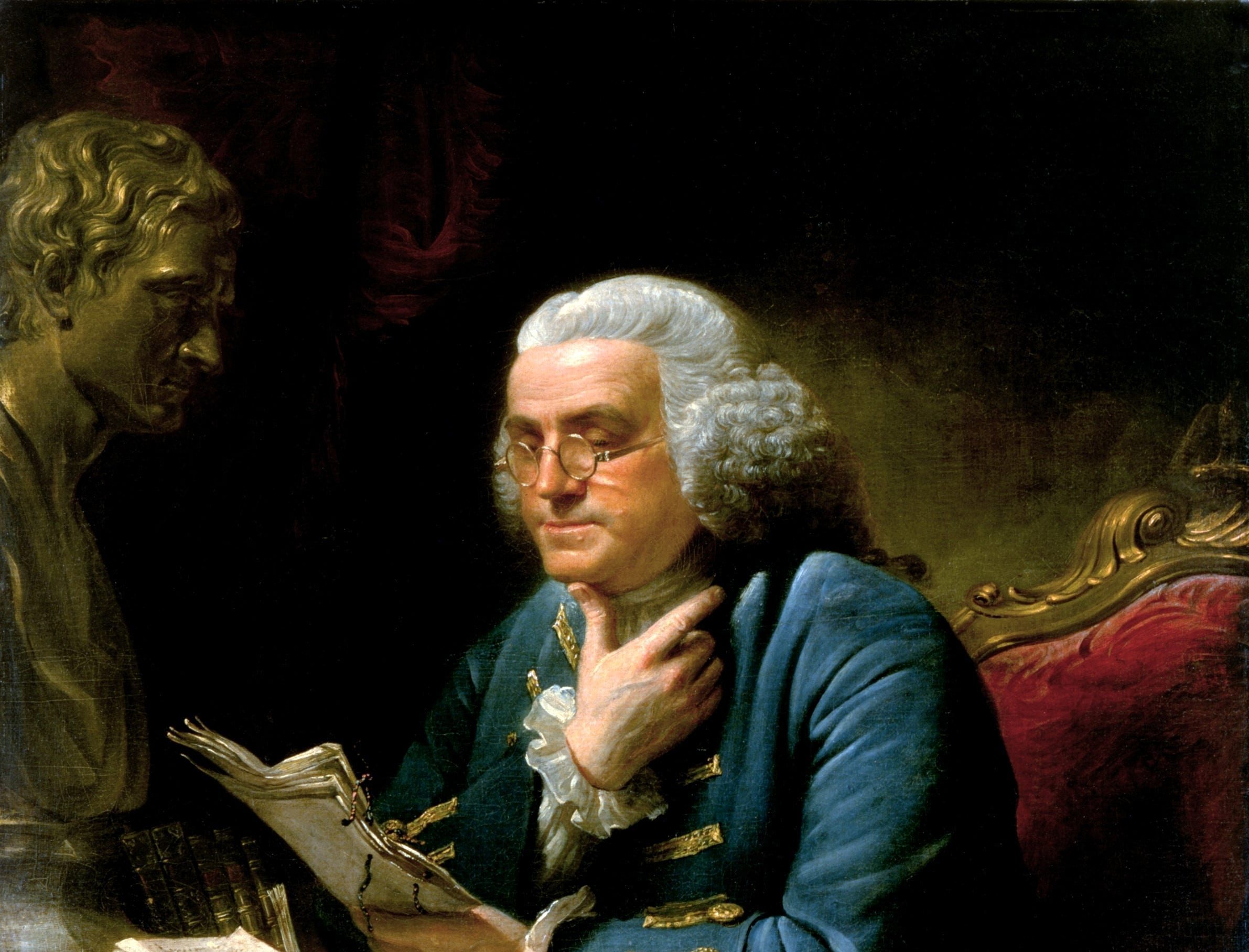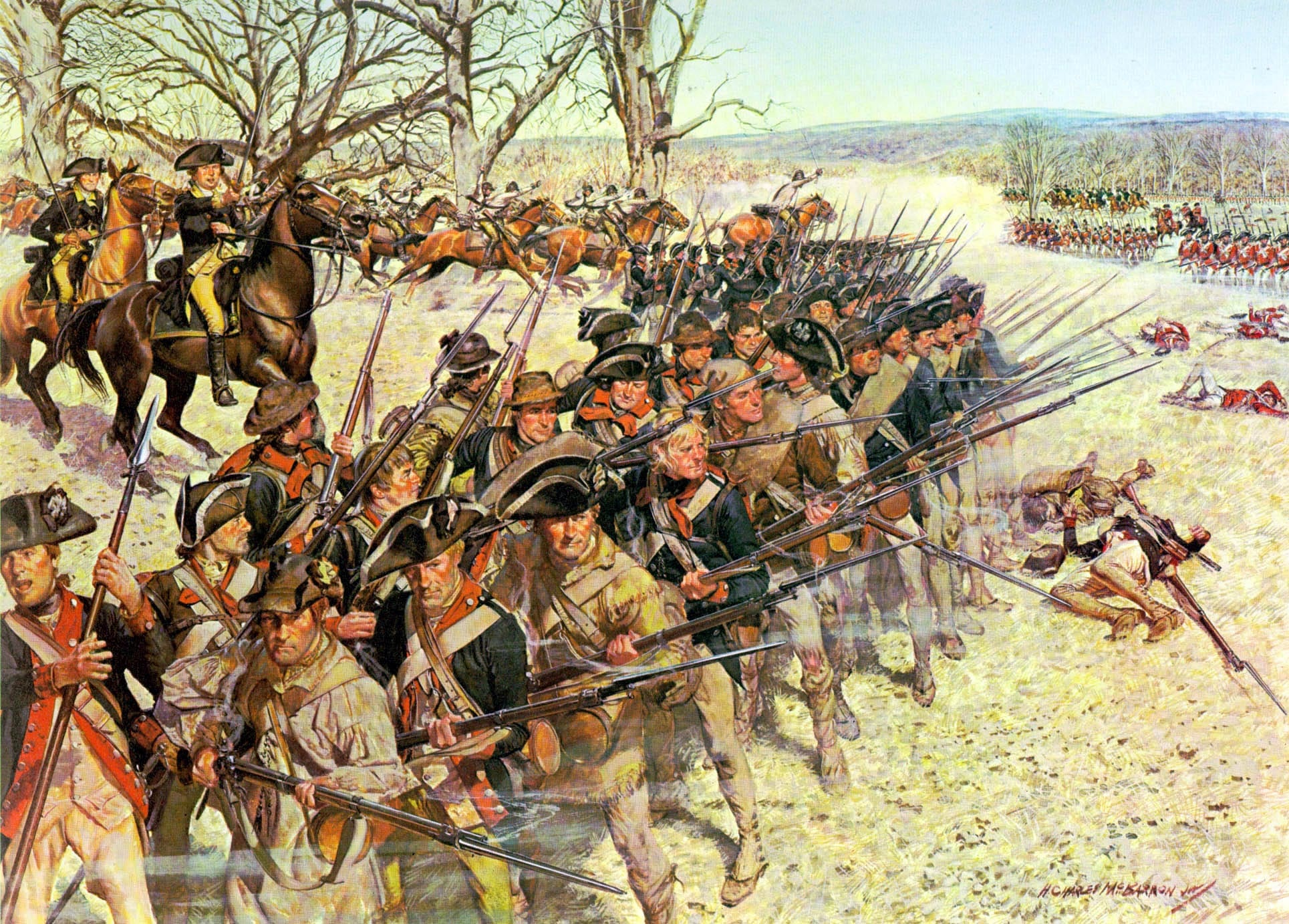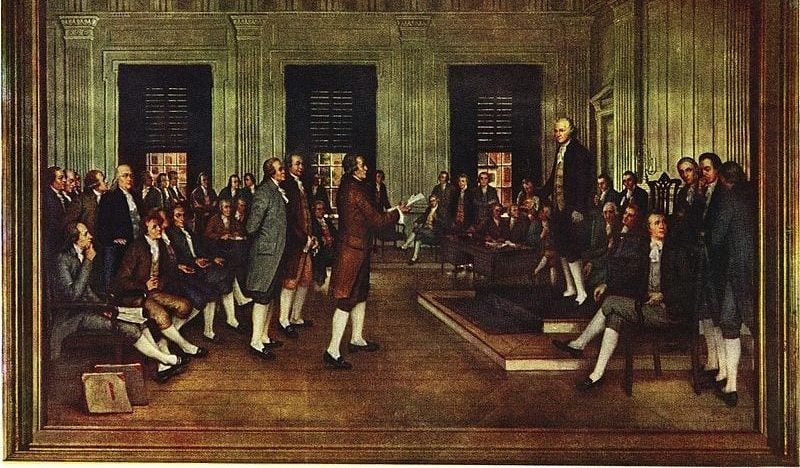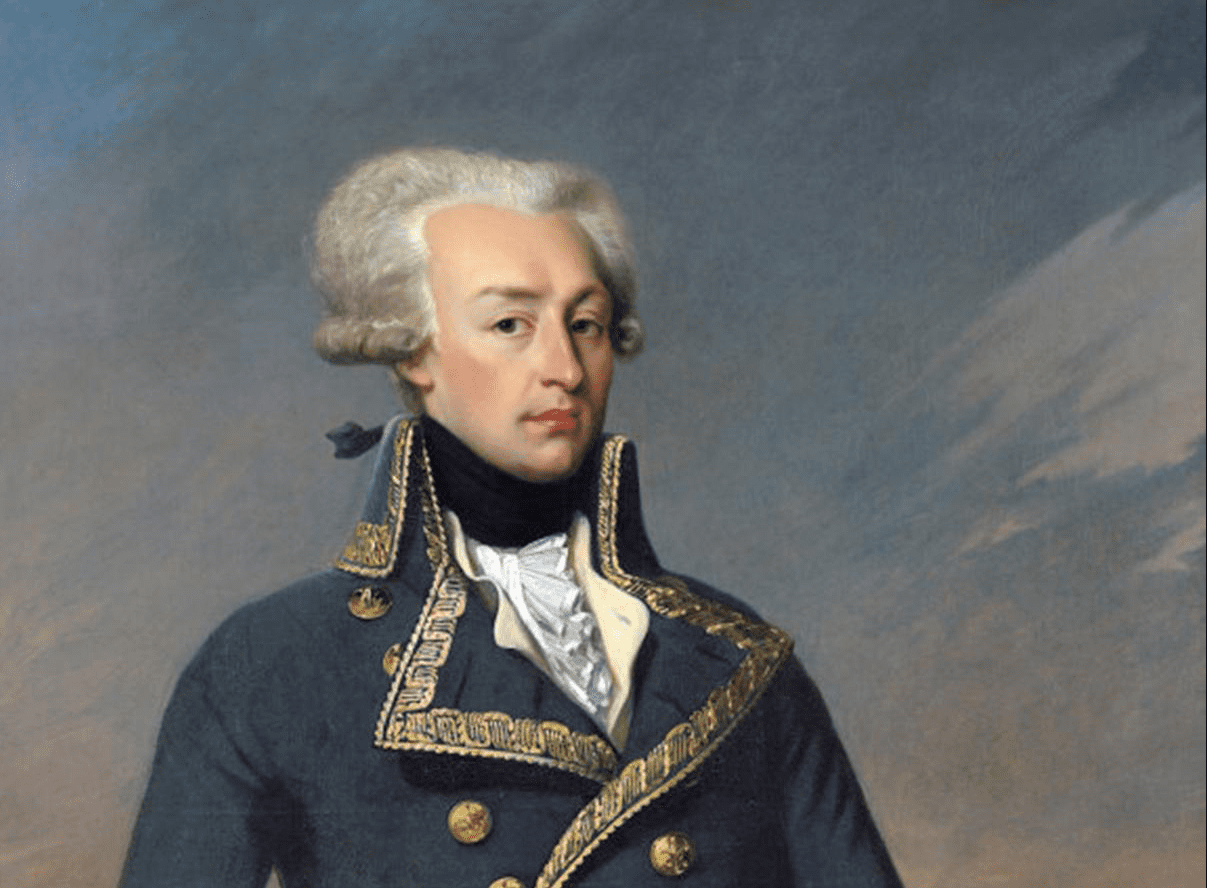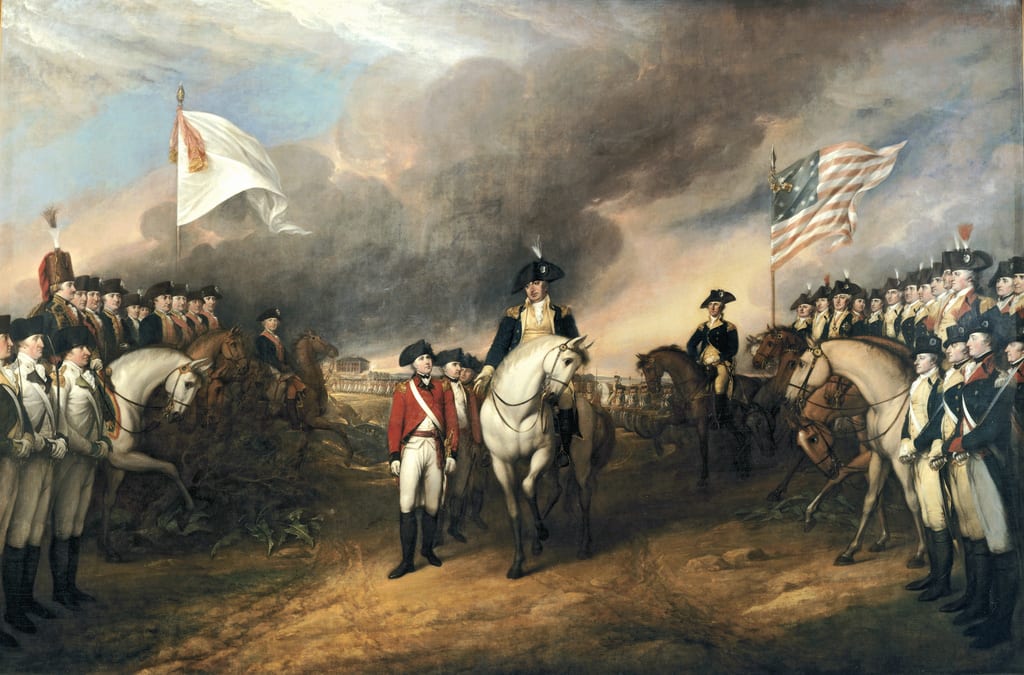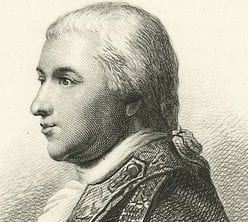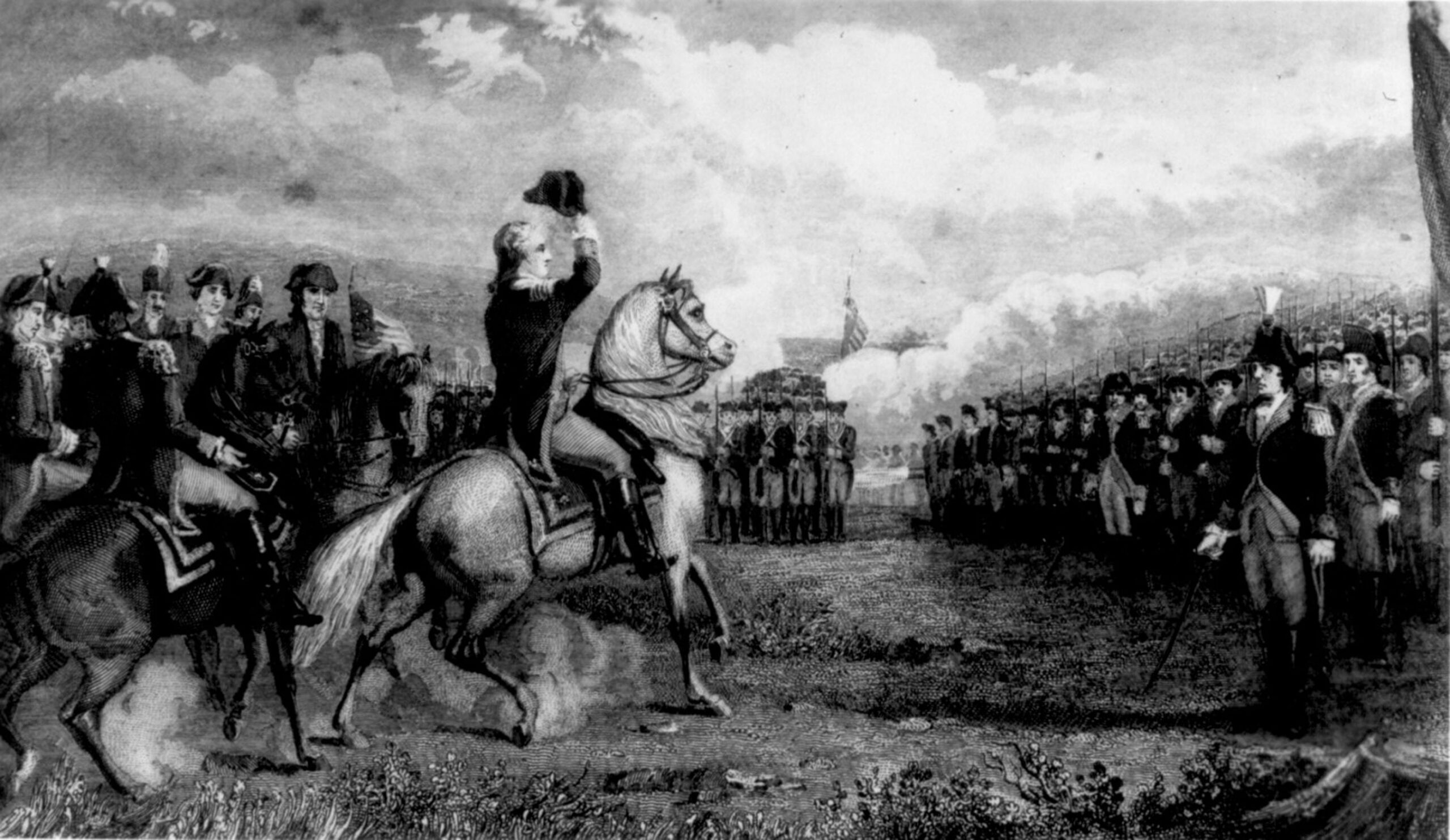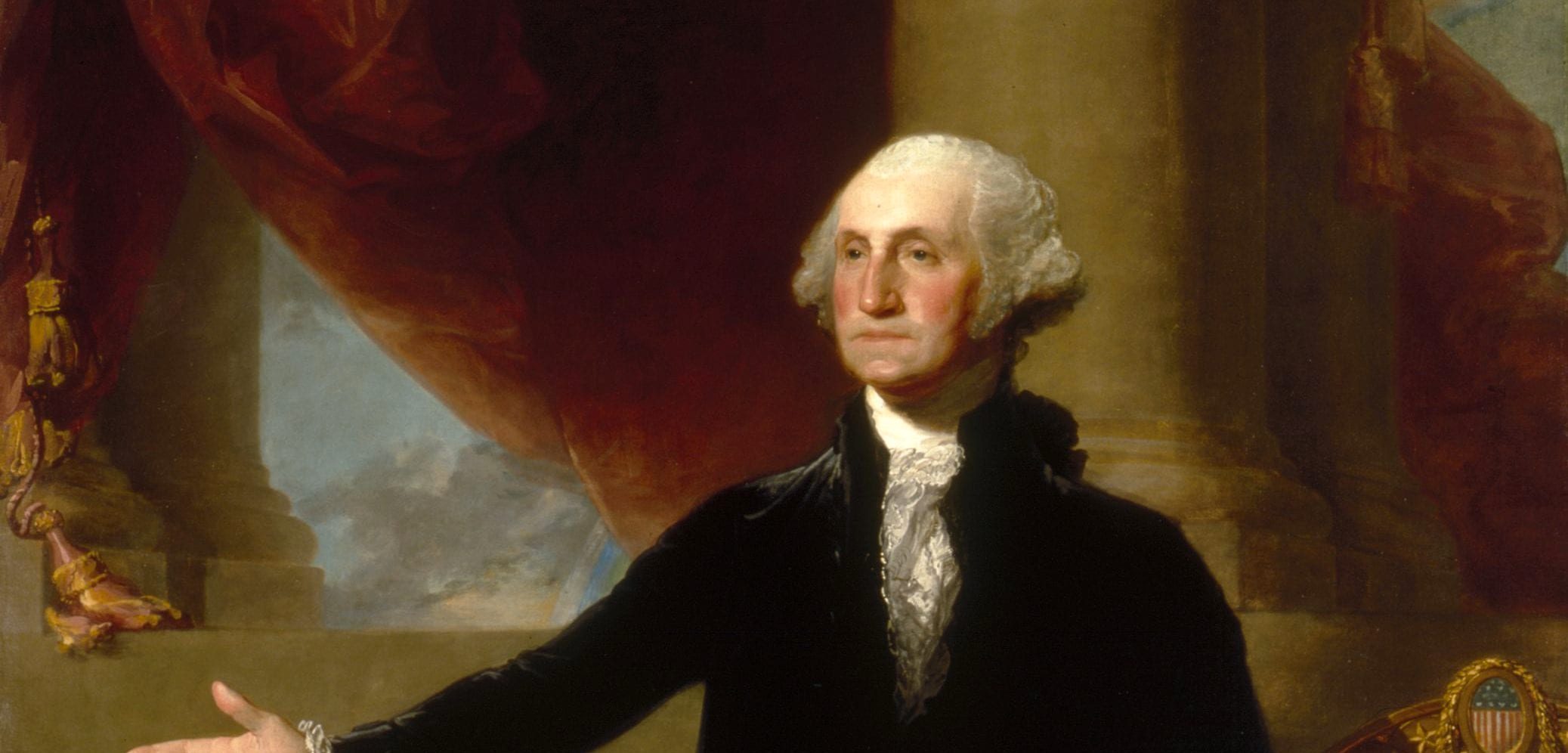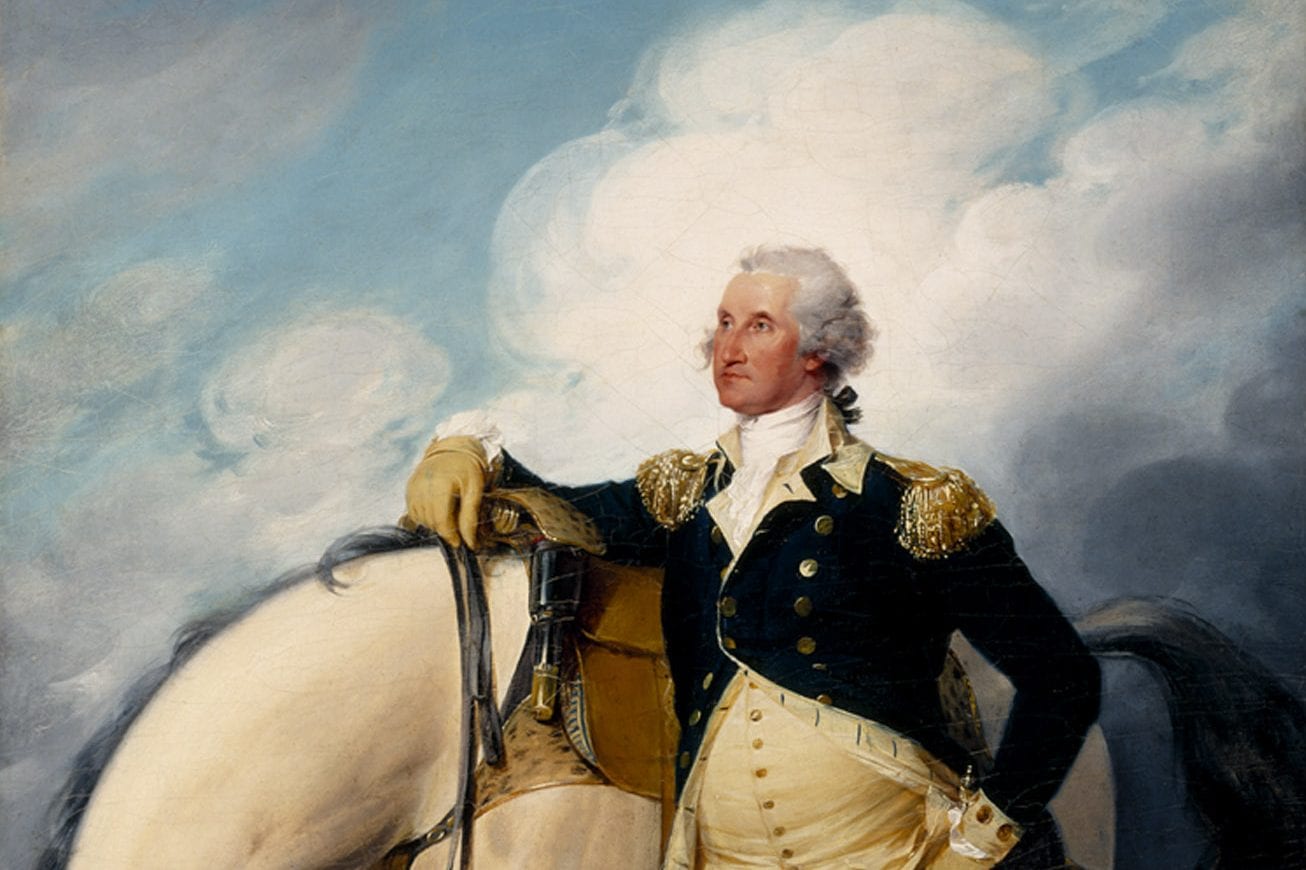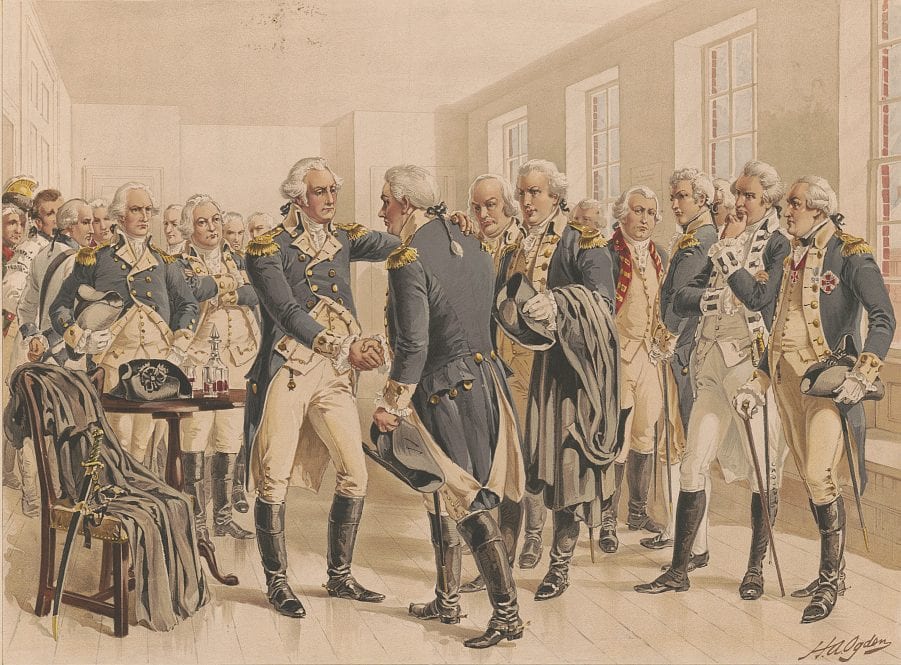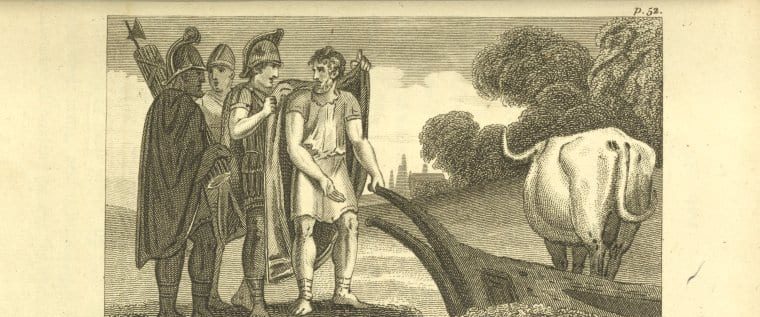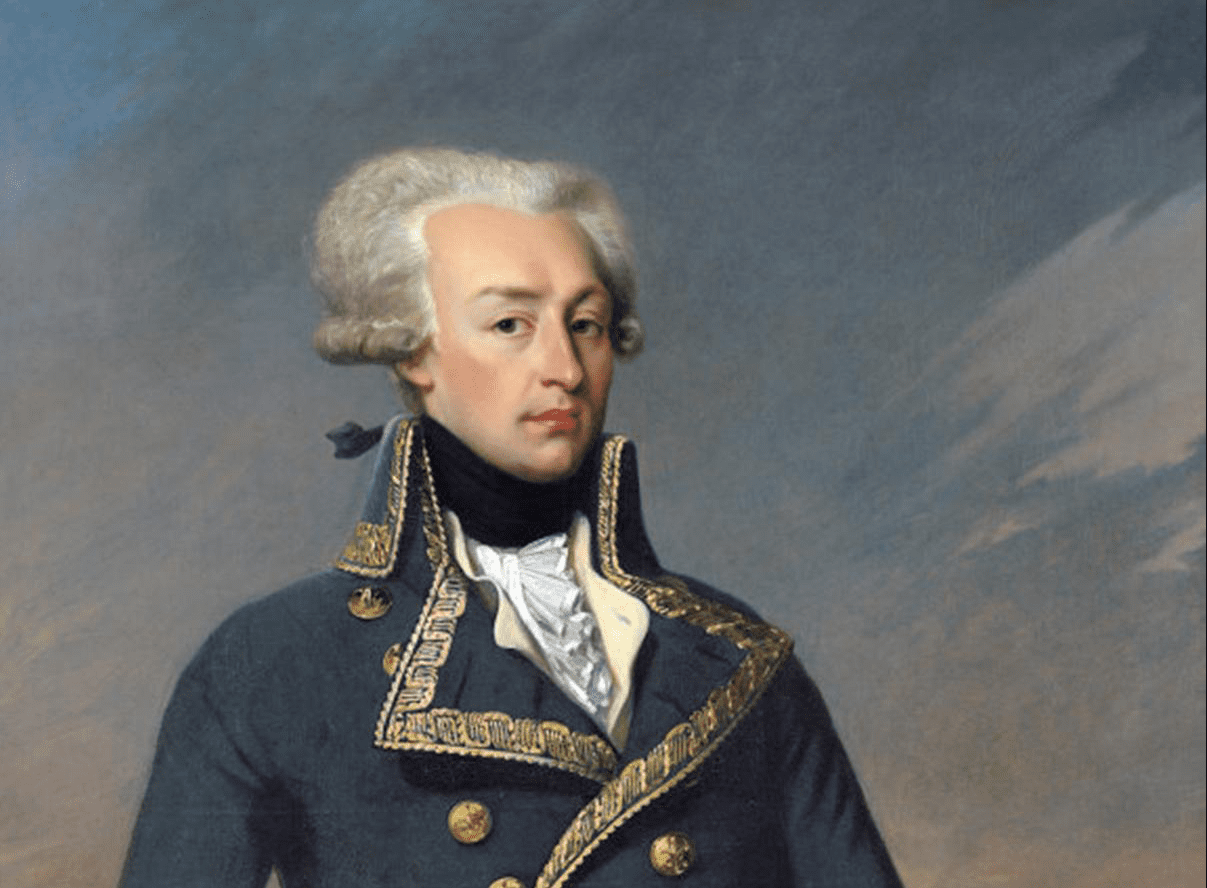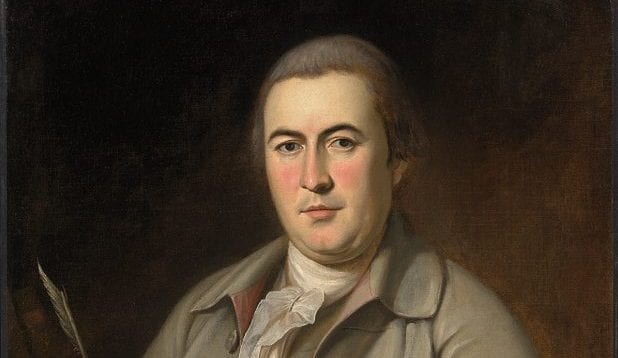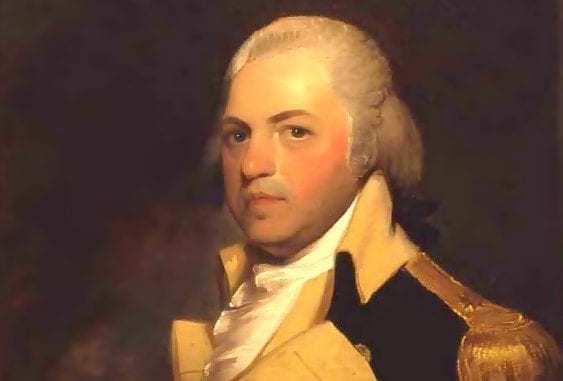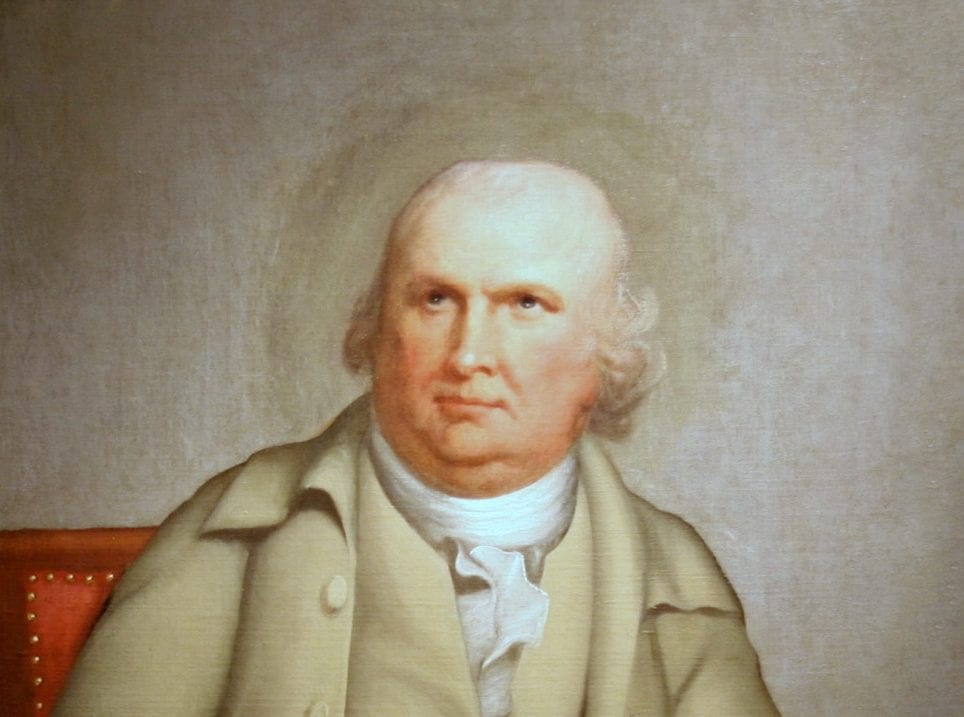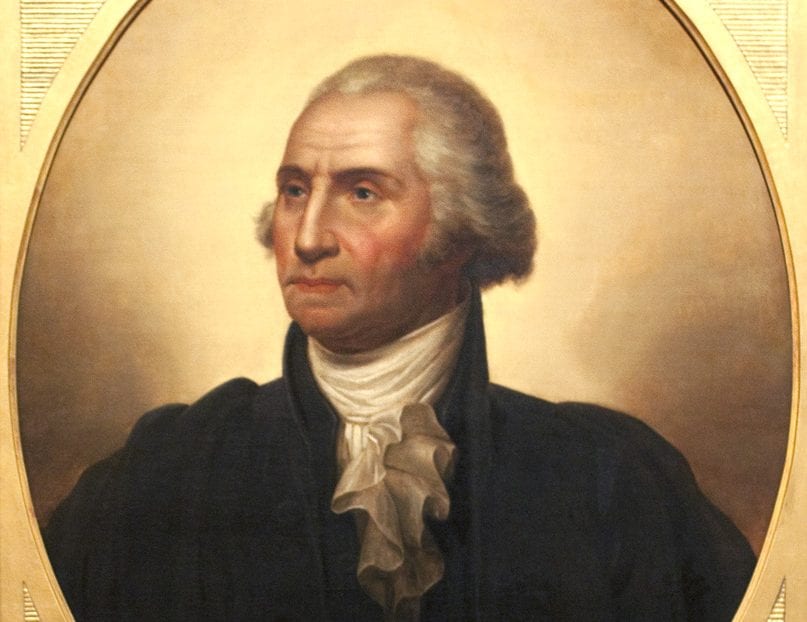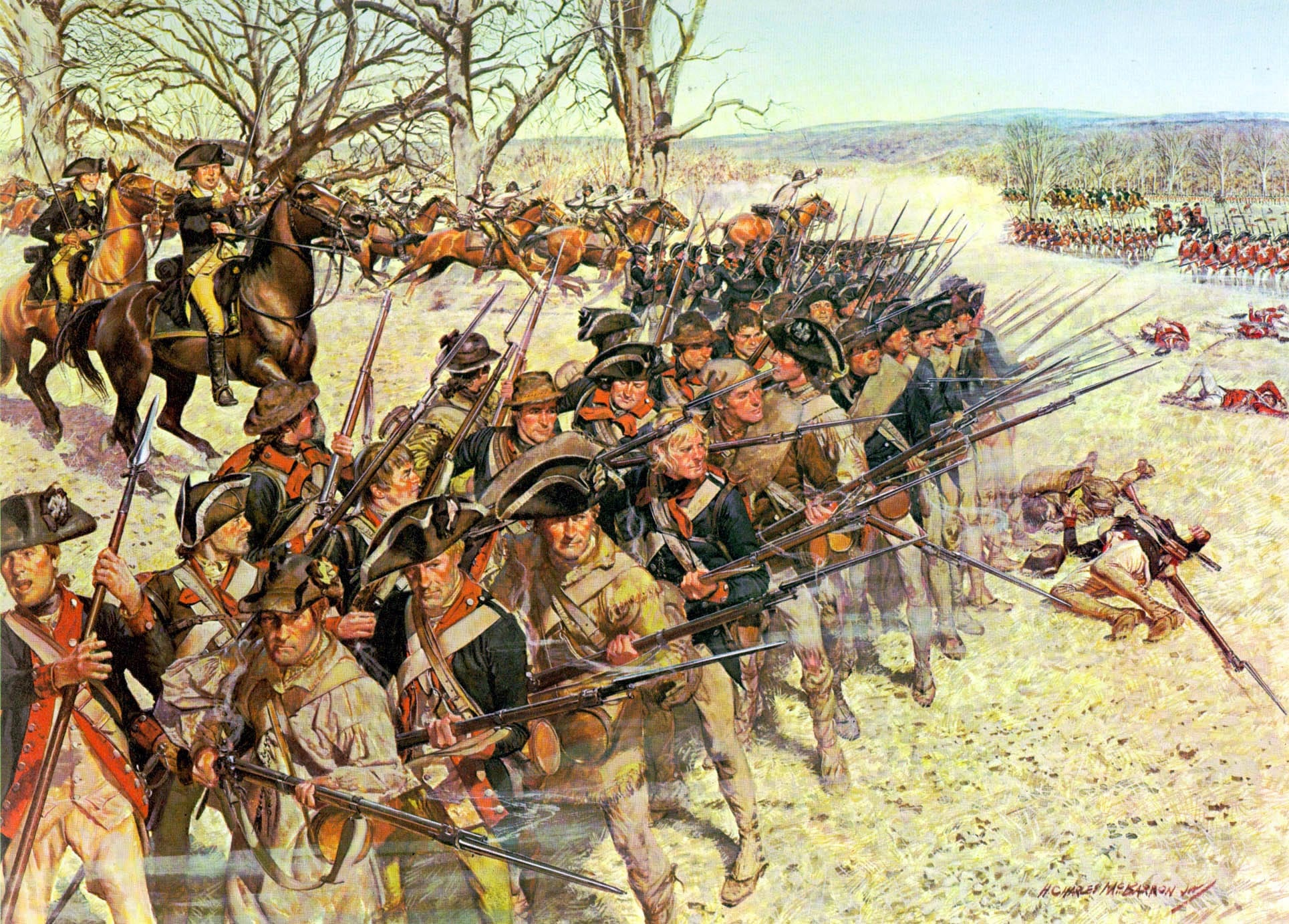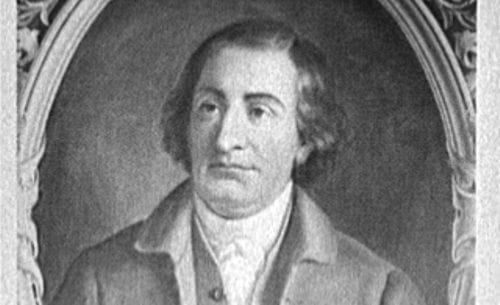
If I was equal to the task of forming a plan for the government of a colony, I should be flattered with your request, and very happy to comply with it; because, as the divine science of politics is the science of social happiness, and the blessings of society depend entirely on the constitutions of government, which are generally institutions that last for many generations, there can be no employment more agreeable to a benevolent mind than a research after the best. . . .
We ought to consider what is the end of government before we determine which is the best form. Upon this point all speculative politicians will agree, that the happiness of society is the end of government, as all divines and moral philosophers will agree that the happiness of the individual is the end of man. From this principle it will follow that the form of government which communicates ease, comfort, security, or, in one word, happiness to the greatest number of persons, and in the greatest degree, is the best.
All sober inquirers after truth, ancient and modern, pagan and Christian, have declared that the happiness of man, as well as his dignity, consists in virtue. . . . If there is a form of government, then, whose principle and foundation is virtue, will not every sober man acknowledge it better calculated to promote the general happiness than any other form?
Fear is the foundation of most governments; but it is so sordid and brutal a passion, and renders men in whose breasts it predominates so stupid and miserable, that Americans will not be likely to approve of any political institution which is founded on it.
Honor is truly sacred, but holds a lower rank in the scale of moral excellence than virtue. Indeed, the former is but a part of the latter and, consequently, has not equal pretensions to support a frame of government productive of human happiness.
The foundation of every government is some principle or passion in the minds of the people. The noblest principles and most generous affections in our nature, then, have the fairest chance to support the noblest and most generous models of government. . . . That, as a republic is the best of governments, so that particular arrangement of the powers of society, or, in other words, that form of government which is best contrived to secure an impartial and exact execution of the laws, is the best of republics.
Of republics there is an inexhaustible variety, because the possible
combinations of the powers of society are capable of innumerable variations.
As good government is an empire of laws, how shall your laws be made? In a large society inhabiting an extensive country, it is impossible that the whole should assemble to make laws. The first necessary step, then, is to depute power from the many to a few of the most wise and good. But by what rules shall you choose your representatives? Agree upon the number and qualifications of persons who shall have the benefit of choosing, or annex this privilege to the inhabitants of a certain extent of ground.
The principal difficulty lies, and the greatest care should be employed, in constituting this representative assembly. It should be in miniature an exact portrait of the people at large. It should think, feel, reason, and act like them. That it may be the interest of this assembly to do strict justice at all times, it should be an equal representation, or, in other words, equal interests among the people should have equal interests in it. Great care should be taken to effect this, and to prevent unfair, partial, and corrupt elections. Such regulations, however, may be better made in times of greater tranquillity than the present; and they will spring up themselves naturally when all the powers of government come to be in the hands of the people”s friends. At present, it will be safest to proceed in all established modes to which the people have been familiarized by habit.
A representation of the people in one assembly being obtained, a question arises, whether all the powers of government, legislative, executive, and judicial, shall be left in this body? I think a people cannot be long free, nor ever happy, whose government is in one assembly. My reasons for this opinion are as follow:
1. A single assembly is liable to all the vices, follies, and frailties of an individual; subject to fits of humor, starts of passion, flights of enthusiasm, partialities, or prejudice, and consequently productive of hasty results and absurd judgments. And all these errors ought to be corrected and defects supplied by some controlling power.
2. A single assembly is apt to be avaricious, and in time will not scruple to exempt itself from burdens which it will lay, without compunction, on its constituents.
3. A single assembly is apt to grow ambitious, and after a time will not hesitate to vote itself perpetual. . . .
To avoid these dangers, let a distinct assembly be constituted as a mediator between the two extreme branches of the legislature, that which represents the people, and that which is vested with the executive power. . . .
The dignity and stability of government in all its branches, the morals of the people, and every blessing of society depend so much upon an upright and skilful administration of justice that the judicial power ought to be distinct from both the legislative and executive, and independent upon both, that so it may be a check upon both, as both should be checks upon that. . . .
A militia law requiring all men, or with very few exceptions besides cases of conscience, to be provided with arms and ammunition, to be trained at certain seasons; and requiring counties, towns, or other small districts to be provided with public stocks of ammunition and entrenching utensils, and with some settled plans for transporting provisions after the militia, when marched to defend their country against sudden invasions; and requiring certain districts to be provided with fieldpieces, companies of matrosses [gunner”s mates], and perhaps some regiments of light-horse-[men], is always a wise institution, and, in the present circumstances of our country, indispensable.
Laws for the liberal education of youth, especially of the lower class of people, are so extremely wise and useful that, to a humane and generous mind, no expense for this purpose would be thought extravagant. . . .
A constitution founded on these principles introduces knowledge among the people and inspires them with a conscious dignity becoming freemen; a general emulation takes place which causes good humor, sociability, good manners, and good morals to be general. That elevation of sentiment inspired by such a government makes the common people brave and enterprising. That ambition which is inspired by it makes them sober, industrious, and frugal. You will find among them some elegance, perhaps, but more solidity; a little pleasure, but a great deal of business; some politeness, but more civility. If you compare such a country with the regions of domination, whether monarchical or aristocratical, you will fancy yourself in Arcadia or Elysium.
If the colonies should assume governments separately, they should be left entirely to their own choice of the forms; and if a continental constitution should be formed, it should be a congress containing a fair and adequate representation of the colonies, and its authority should sacredly be confined to these cases; namely, war, trade, disputes between colony and colony, the post office, and the unappropriated lands of the Crown, as they used to be called.
These colonies under such forms of government, and in such a union, would be unconquerable by all the monarchies of Europe.
You and I, my dear friend, have been sent into life at a time when the greatest lawgivers of antiquity would have wished to live. How few of the human race have ever enjoyed an opportunity of making an election of government, more than of air, soil, or climate, for themselves or their children! When, before the present epoch, had 3,000,000 people full power and a fair opportunity to form and establish the wisest and happiest government that human wisdom can contrive? I hope you will avail yourself and your country of that extensive learning and indefatigable industry which you possess to assist her in the formation of the happiest governments and the best character of a great people.

Conversation-based seminars for collegial PD, one-day and multi-day seminars, graduate credit seminars (MA degree), online and in-person.











